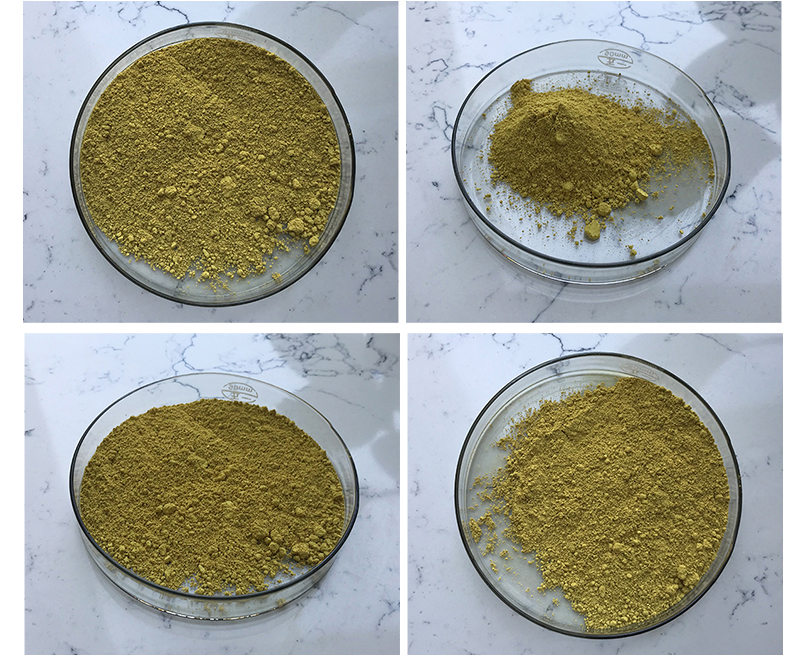Fisetin is a natural plant polyphenol belonging to the flavonoid group of compounds. It is commonly found in various fruits and vegetables, such as strawberries, apples, grapes, onions, and cucumbers. Fisetin has gained attention in recent years due to its potential health benefits, many of which are attributed to its antioxidant, anti-inflammatory, and neuroprotective properties. However, it’s important to note that while there is promising research on fisetin, much of it is still in the preclinical stage or limited to animal and cell studies.
Benefits of Fisetin

Antioxidant Activity: Fisetin is known to have strong antioxidant properties, which means it can help neutralize harmful free radicals in the body. Free radicals are molecules that can cause cellular damage and contribute to various chronic diseases, including cancer, cardiovascular diseases, and neurodegenerative disorders.
Anti-Inflammatory Effects: Chronic inflammation is linked to many health issues, and fisetin has shown anti-inflammatory effects in some studies. By reducing inflammation, fisetin may contribute to the prevention or management of conditions such as arthritis, inflammatory bowel disease, and other inflammatory disorders.
Neuroprotection: Fisetin has demonstrated potential neuroprotective effects in preclinical studies. It may support brain health by promoting the growth of neurons, enhancing synaptic plasticity, and reducing oxidative stress, which is associated with neurodegenerative diseases like Alzheimer’s and Parkinson’s.
Cancer Prevention: Some research suggests that fisetin may have anticancer properties. It has been studied for its ability to inhibit the growth of cancer cells and induce apoptosis (cell death) in various types of cancer, including breast, colon, prostate, and lung cancers.
Cardiovascular Health: Fisetin might have cardiovascular benefits by improving blood vessel function, reducing oxidative stress in the cardiovascular system, and potentially lowering blood pressure and cholesterol levels.
Metabolic Health: There is some evidence to suggest that fisetin could help regulate blood sugar levels and improve insulin sensitivity. This could be beneficial for individuals with type 2 diabetes or those at risk of developing the condition.
Longevity and Aging: Fisetin has been investigated for its potential to extend lifespan and promote healthy aging. Some animal studies have shown that fisetin supplementation can increase the lifespan of certain organisms, though this area of research is still in its early stages.
It’s important to keep in mind that while fisetin shows promise in various areas, much of the research has been conducted on cells and animals, and clinical trials on humans are limited. The optimal dosage, long-term safety, and potential interactions with medications are not fully understood, so it’s recommended to consult a healthcare professional before incorporating fisetin supplements into your routine, especially if you have underlying health conditions or are taking other medications. Additionally, a balanced and varied diet rich in fruits and vegetables can provide you with a natural source of fisetin along with other beneficial nutrients.
